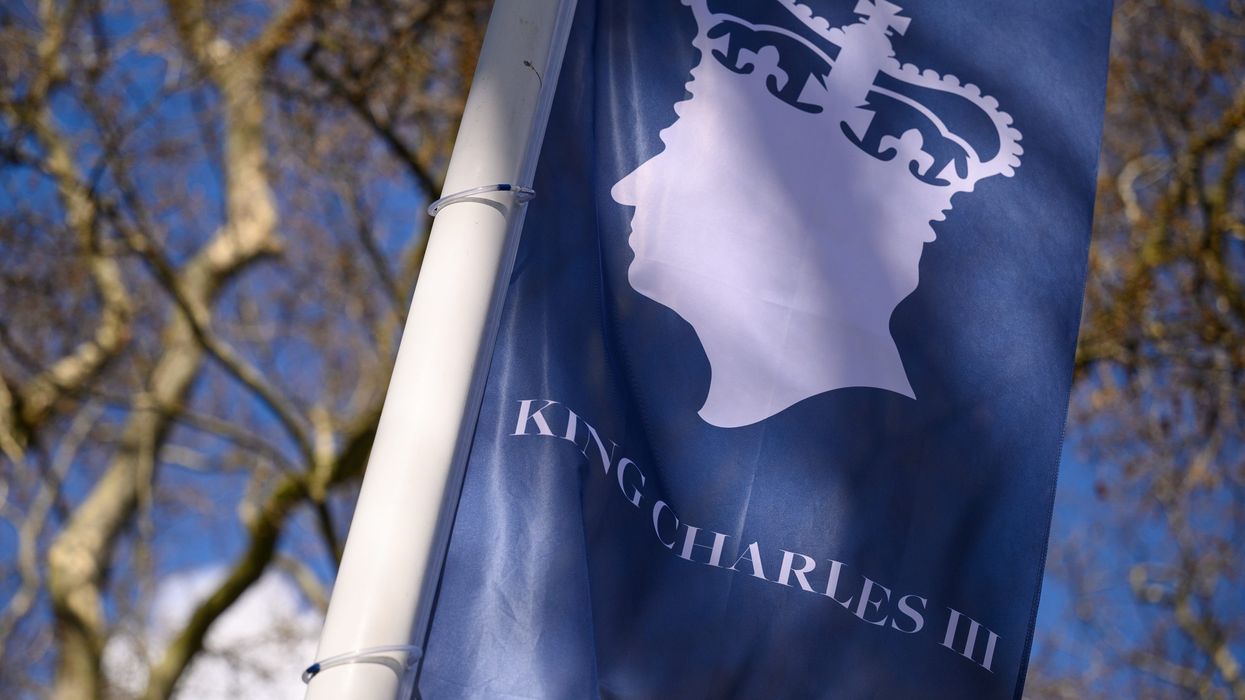As the coronation of King Charles III approaches, a new poll by YouGov conducted and published on Tuesday (18) has revealed that over half of the British population is against the idea of funding the ceremony with taxpayers' money.
The poll found that 51 per cent of the respondents believed that the government should not pay for the coronation, while only 32 per cent were in favour of it. The rest, around 18 per cent, did not have a clear opinion.
This comes at a time when the country is grappling with a severe cost-of-living crisis and widespread strikes across public and private sectors due to high inflation rates. These factors are believed to have dampened the enthusiasm for the upcoming celebrations, with many people questioning the need for lavish spending currently.
While the government has not disclosed the total cost of the coronation, it is expected to run into tens of millions of pounds, including the expenses for the Westminster Abbey ceremony on May 6 and Windsor Castle concert on May 7 among the set-piece events, as well as the cost of the extensive security measures.
The additional bank holiday on May 8 also comes at an extra economic cost.
The coronation of Queen Elizabeth II in 1953 cost £912,000, equivalent to £20.5 million today. Meanwhile, the coronation of Charles' grandfather George VI in 1937, cost £454,000, equivalent to £24.8 million in 2023.
According to the poll conducted with 4,246 adults, younger people were the least supportive of having the government fund the upcoming coronation of King Charles III.
Specifically, 62 per cent of those aged 18 to 24 were opposed to the coronation being government-funded, while only 15 per cent were in favour. In contrast, 43 per cent of over-65s supported taxpayers funding the coronation, while 44 per cent were against it.
Government minister Oliver Dowden has reassured the public that the monarchy is "mindful of ensuring that there is value for the taxpayer" and will not indulge in "lavishness or excess."
"It is a marvellous moment in our history and people would not want a dour scrimping and scraping," Dowden told a parliamentary committee earlier this year.
However, Graham Smith, chief executive of campaign group Republic has called the upcoming landmark occasion an "expensive pantomime" and a "slap in the face for millions of people struggling with the cost-of-living crisis".
The total cost and funding breakdown for the event will not be available until after May 6, similar to other royal occasions like jubilees.
(With inputs from AFP)




